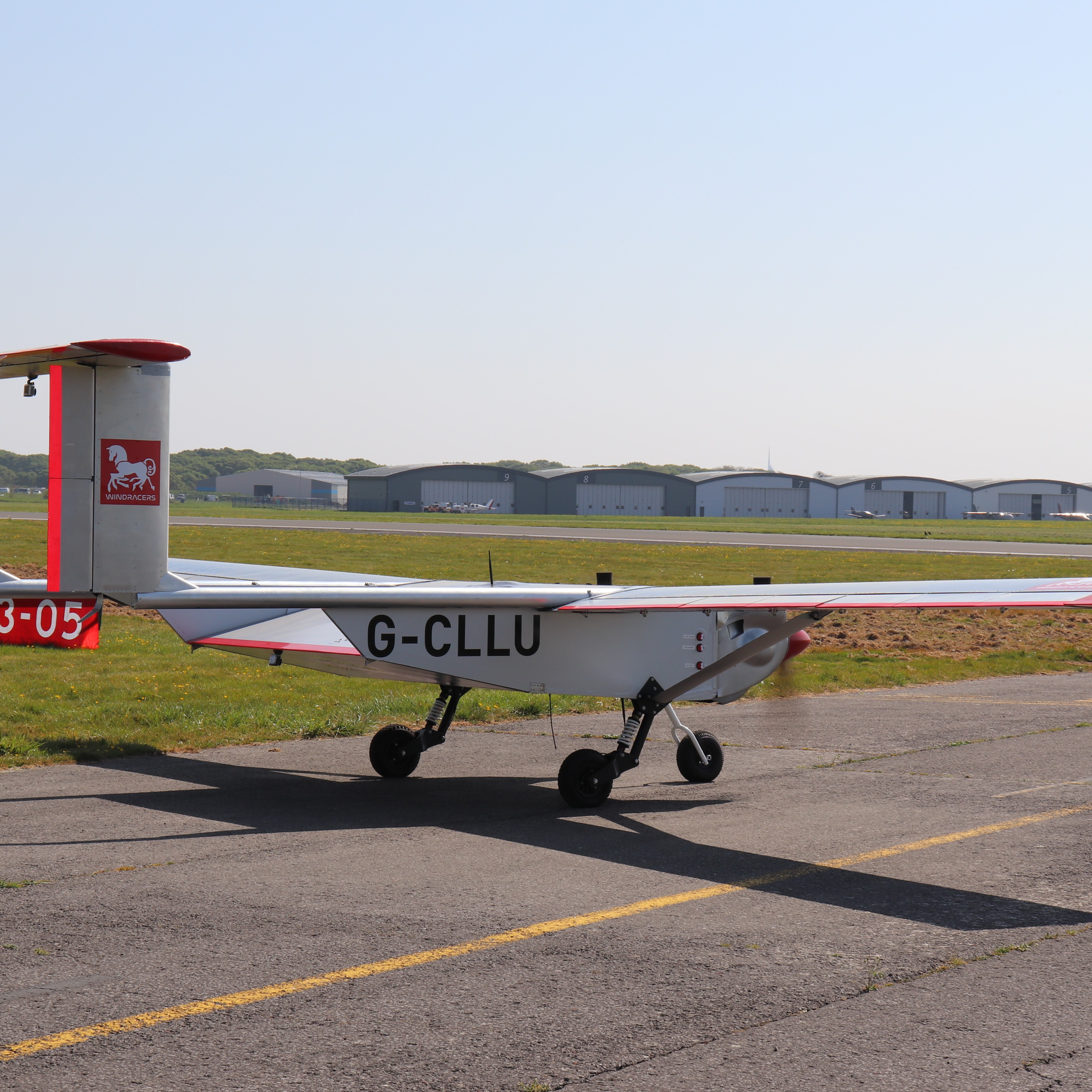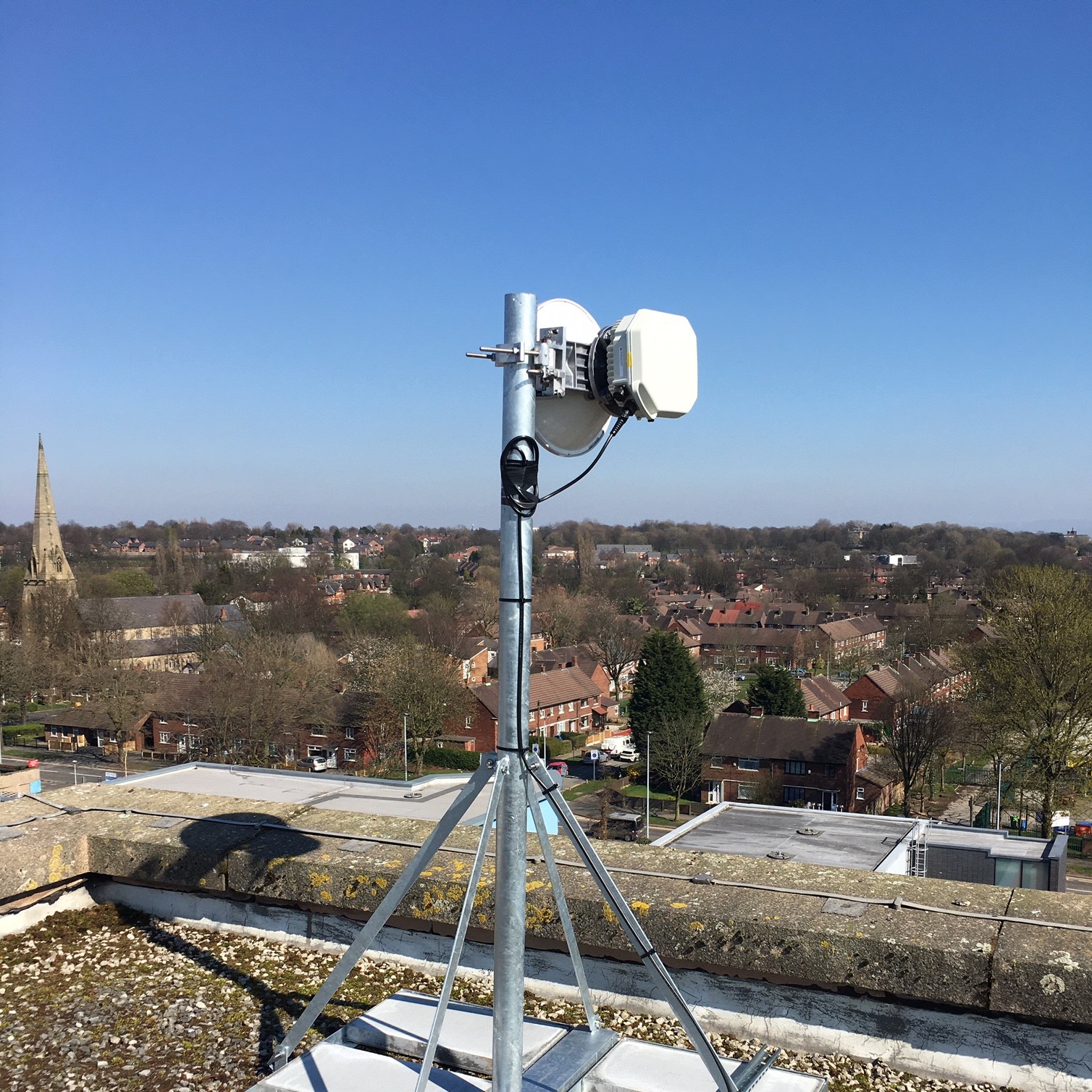During lockdown most of us have spent more time than ever working and learning from home. This means we’ve never been more reliant on the telecoms services that help to keep us connected.
Mobile phone providers do their best to make sure their networks perform at their best. However, sometimes this performance can be affected by interference.
This interference can be caused by people or companies using illegal repeaters.
Mobile phone repeaters amplify the signals between a mobile phone and the mobile company’s base stations, resulting in better mobile reception for the user. However, only certain types of repeaters are legal for use in the UK.
Illegal repeaters can cause problems because they broadcast continuous signals. These signals are received by the local mobile phone mast and at the same time will jam the phone signals of legitimate users.
Almost on every occasion Ofcom engineers have found one of these devices, the users have bought them because they’ve been duped into believing they were legal in the UK.
Mobile phone providers have always reported these interference problems to us, and this has continued to be the case during the lockdown period. These issues are investigated by our Spectrum Assurance Team.
This is our team of specialists who work 24/7, monitoring and dealing with wireless interference problems. During the lockdown period they have been able to continue this work while safe distancing measures have been in place.
Last orders for device in a pub
One such case during lockdown was a report of interference to a mobile phone mast in the south of England. Using specialist equipment, one of our team traced the source of the interference to a pub. During normal, non-lockdown times our colleague would have been able to go in to the pub and with permission, trace the device that was causing the interference.
However, during lockdown this wasn’t straightforward as the pub was closed. So, instead our colleague had a chat with the landlord, who was on the balcony of his pub.
After a few questions it became clear that the landlord was using a mobile repeater in his pub. Rather than using it to improve reception to his or his customers’ mobile phones, he had been using it to improve the signal to his debit card machines. However, regardless of the use, the repeater was still causing interference with the local mobile site.
Switching off the repeater brought an end to the interference. The landlord, unaware that the repeater he’d bought was in fact illegal, was disappointed and angry at being defrauded into believing it was a legal device.

A similar case during lockdown involved interference to a mobile phone site in south west London. This time, our colleague traced the source of the interference to a bakery. Again, due to lockdown the business was closed so we needed to make a few calls to the company. After we’d been able to contact the company’s facilities manager we made an appointment to visit the bakery premises.
Our colleague met the facilities manager at the bakery but due to social distancing rules needed to walk around the location unescorted.
Again, the source of the interference was found to be an illegal repeater. The facilities manager switching it off, which ended the interference – and then put it into a sink full of water to make sure it wouldn’t cause any future problems.

Problems with interference from illegal cellular repeaters are always a challenge for us, as well as for the mobile providers.
But even during the difficulties posed by lockdown, we’ve continued our work to help the mobile networks operate without interference, giving customers the service they need.


